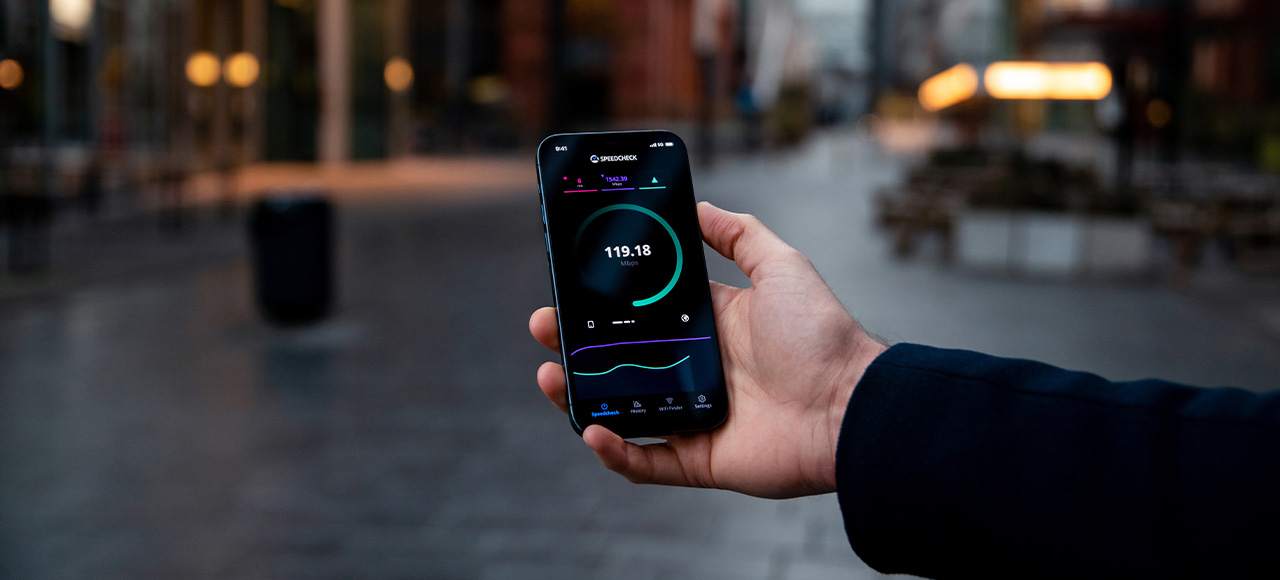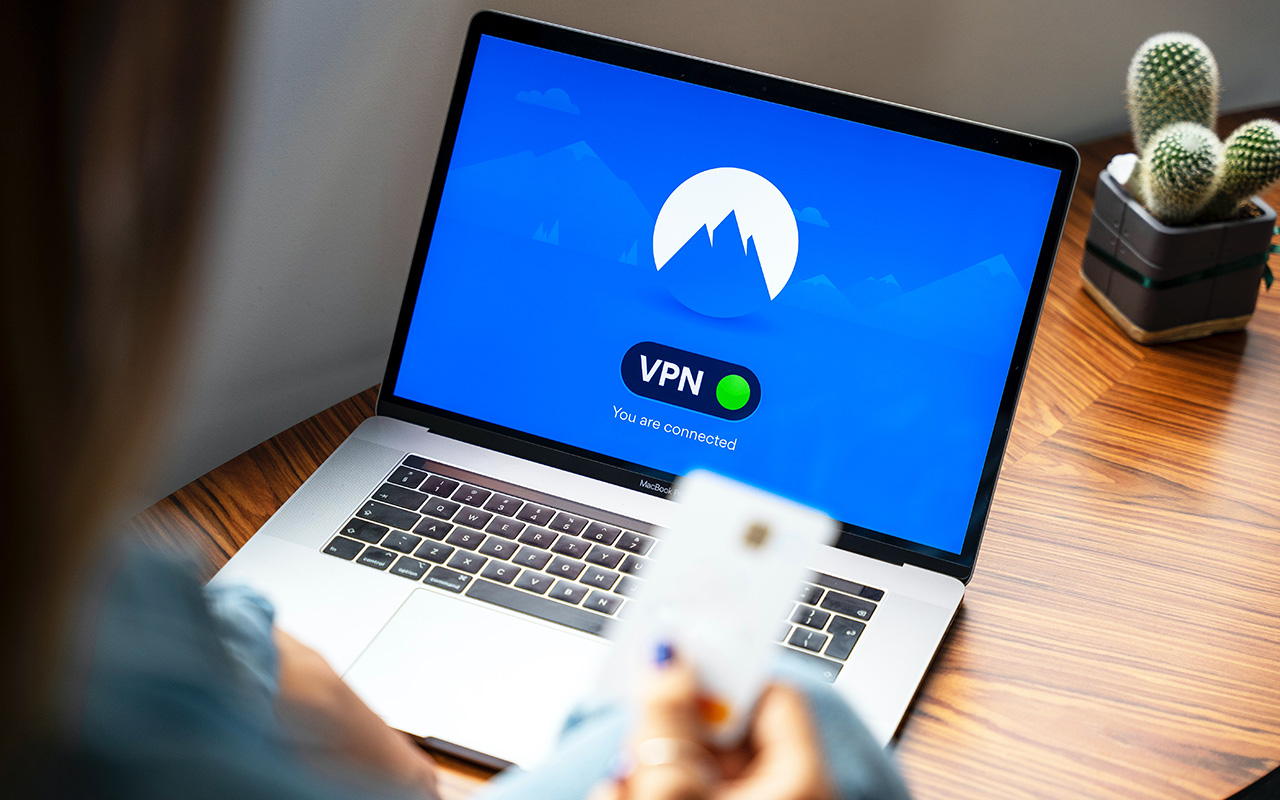Technology has undoubtedly made our world smaller.
With only a secure Wi-Fi connection, you can meet face-to-face with almost anyone in the world. This means there’s no longer a reason for many workers to stay in one place.
If you’ve been scouring the internet for digital nomad resources and guides, you’ll quickly see that there are a lot of considerations to think about and plan before booking your flight and taking off. On the top of that list is making sure you can score a secure Wi-Fi connection. In fact, cost of living and fast, accessible internet are the two major factors in choosing a location for most digital nomads.
Given the recent rise of digital nomads, we’ve put together an overview of how to get free and secure Wi-Fi anywhere you roam, plus cybersecurity considerations to keep in mind for wherever you may end up
Secure Wi-Fi is your top priority
Being a digital nomad is no longer considered the road less travelled. As of 2021, there are about 35 million nomads out there, which is almost the population size of Canada! The top nomad professions are related to marketing, computer science, information technology, writing and eCommerce. What do these all have in common? A sunny destination? Not necessarily. They all have a common need for an internet connection, the most vital link for succeeding as a digital nomad.
A free Wi-Fi connection is a lifesaver when you’re working on the go. Public Wi-Fi can easily be found in popular places like airports, cafes, restaurants, and hotels. We all know jumping on a free internet connection can be one of the best ways to catch up on work, check emails and take calls while working abroad.
But accessing free Wi-Fi isn’t as simple as that. Accessing Wi-Fi anywhere means practicing cyber-safety everywhere. This is because public Wi-Fi networks can be riddled with threats and can compromise your privacy.

“No Wi-Fi” is no excuse
It’s fairly obvious that without an internet connection, you can’t check e-mails, join meetings, chat with team members, or do research. In fact, you can’t do much at all. Unfortunately, as a digital nomad, doing nothing just isn’t an option.
Digital nomads need Wi-Fi. They need it to be fast, unlimited, and most importantly, secure. That’s why accessing a public Wi-Fi network can be one the easiest and best ways to access the internet as a nomad. Surveys show that digital nomads most commonly connect to public Wi-Fi networks in the following settings:
- 6% seek public libraries
- 14% seek cafes
- 21% seek coworking spaces
- 23% prefer hotels or vacation rentals
While these are all popular choices, they are not worry-free. In fact, hackers LOVE public Wi-Fi. These networks are often unencrypted, making it easy for cybercriminals to intercept data. And believe us, they do it all the time. So, let’s explore some options for how you can ensure secure Wi-Fi while working as a digital nomad.
Say “Goodbye” to Free Open Wi-Fi Network
Password-free ‘open’ networks are the easiest avenues for hackers to gain access to your files, which is the last thing you want to deal with while working abroad. Don’t let hackers hijack your success as a digital nomad. Take caution and make connecting to open networks a habit of the past – no matter how tempting. Sorry, Starbucks.
If you must connect to a public network?
We get it, sometimes you just have no choice. Here are some tips for practicing cybersafety if you absolutely must connect to a public network:
Password protection – When connecting to a public network, at the very least, you should make sure it is password protected. No more open networks! This adds a small layer protection, though it’s still not preferred.
Disable public sharing – If you’ve ever connected to a public Wi-Fi network before, you’re probably familiar with the pop-up window that asks you to accept their terms and services. When you agree, you might be opting into public network or file sharing, giving others the ability to exchange information with you – and possibly send you a malicious download. The solution? Disable public network sharing on your devices!
Enable your firewall – A firewall can act as your first line of defense against malicious websites. When connecting to public Wi-Fi, a firewall can save you the headache of dealing with a cyberattack.
Use antivirus software – Antivirus software can keep hackers from remotely accessing your devices and therefore your personal, work-related, and financial information. And once you download it, don’tforget to keep up with the updates in order to stay protected from the latest malware, spyware and other viruses!
Even if you have rigid anti-virus in place, pubic networks are a very risky action in terms of cyber security. Take these data protection tips to heart and opt out of open network connections. Disable the setting to connect to open internet automatically. It’s safer to hot spot for a few hours than be forced to spend countless hours (and money) recovering lost files or data. Our digital nomad tips and tricks can only go so far if you don’t commit to implementing them while abroad. Make secure wi-fi your gold standard; you (and your employer, colleagues, and clients) will be happy you did.

Say “Hello” to VPN
You can look at VPN networks as your gateway to secure Wi-Fi connections. A VPN – virtual private network – encrypts your browsing habits and data stored on your device, making them unavailable for hackers to access. Even if the network you connect to doesn’t have the best security, your device will have an added precaution against hackers. This means that with a VPN, you can rest assured that even though you connect to public networks regularly, you won’t be at risk of cyber criminals accessing your personal data through the network. As an added bonus, a VPN can help you work more productively since the internet is censored in some parts of the world; by shielding your location, it allows you to access all the information you desire on the world wide web.
The Road to Hot Spot Success – Grab a Local SIM Card
If secure Wi-Fi just isn’t available to you for whatever reason, you can choose to hot spot from your phone. Whether you are staying in a country for 1 week or 1 year, consider getting a local SIM card so you can have reliable and secure Wi-Fi with you wherever you choose to work. North Americans pay some of the highest prices worldwide for internet and cellphone plans.
Chances are, you can get a custom plan for a fraction of the price when abroad and it’ll still be affordable, fast, and reliable. With extra data, you can use your cellphone to hot spot your laptop if secure Wi-Fi is on the fritz. Better yet, if you’re called in to an urgent meeting while on the road (or at the beach) you’ll still be able to jump on it if you have data. Local sim cards have become the gold standard for digital nomads working abroad as they provide the best option for good coverage, cost savings, and secure connections.
There are other roaming options that allow you to call internationally from your home number. Contact your cellphone provider to see if there are affordable or worthwhile options available for the time you plan to be abroad. Remember to store your original sim card in a safe spot!
Final Thoughts
Secure Wi-fi is a top priority for digital nomads, but cybersecurity should be prioritized as well. The most important aspect of finding a secure Wi-Fi connection while abroad is educating yourself about the hazards of public network sharing that could lead to privacy concerns and data tracking. You’re already managing so much while abroad, don’t let a cyberattack derail your work and travel plans.
Happy roaming!


